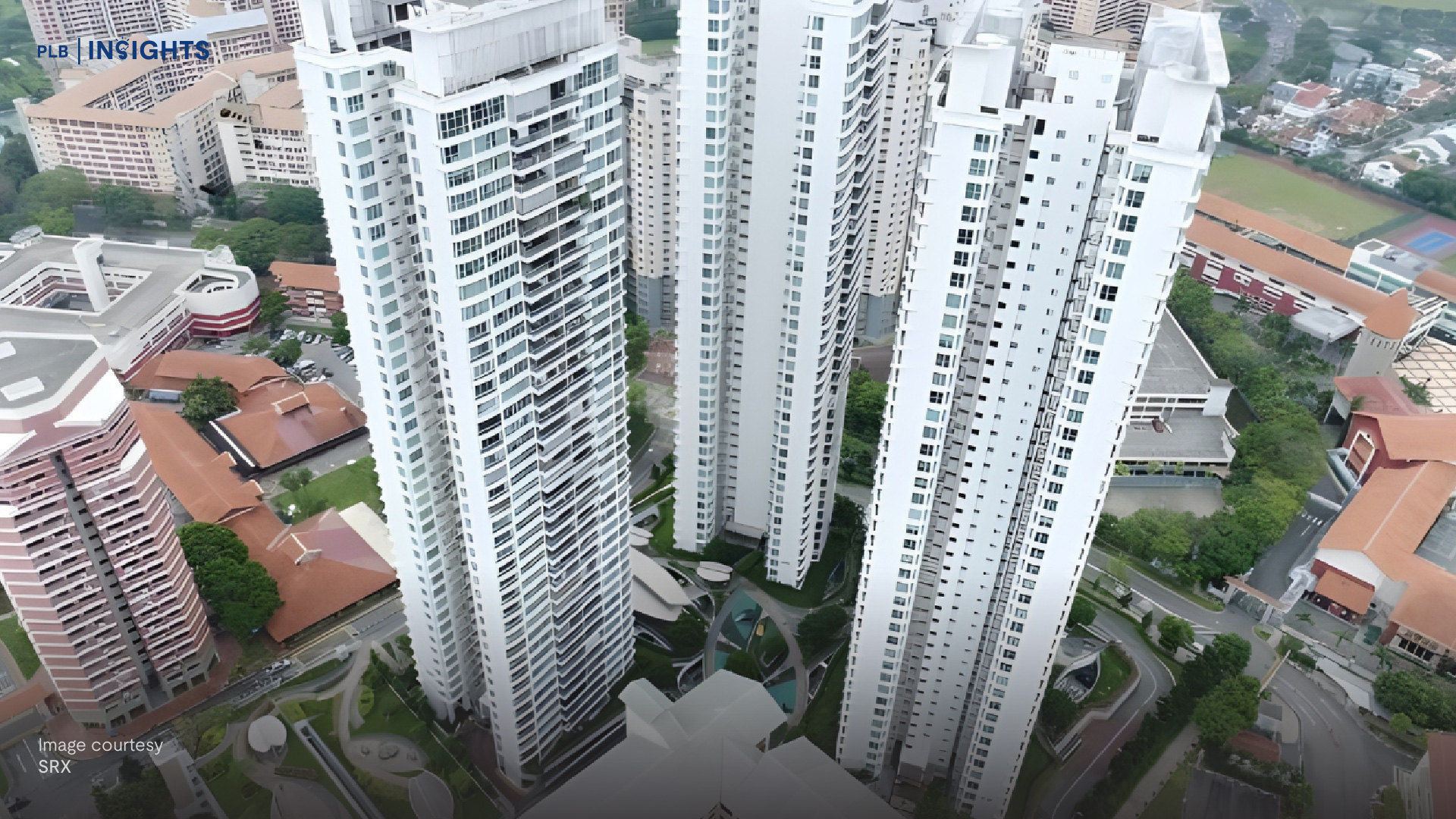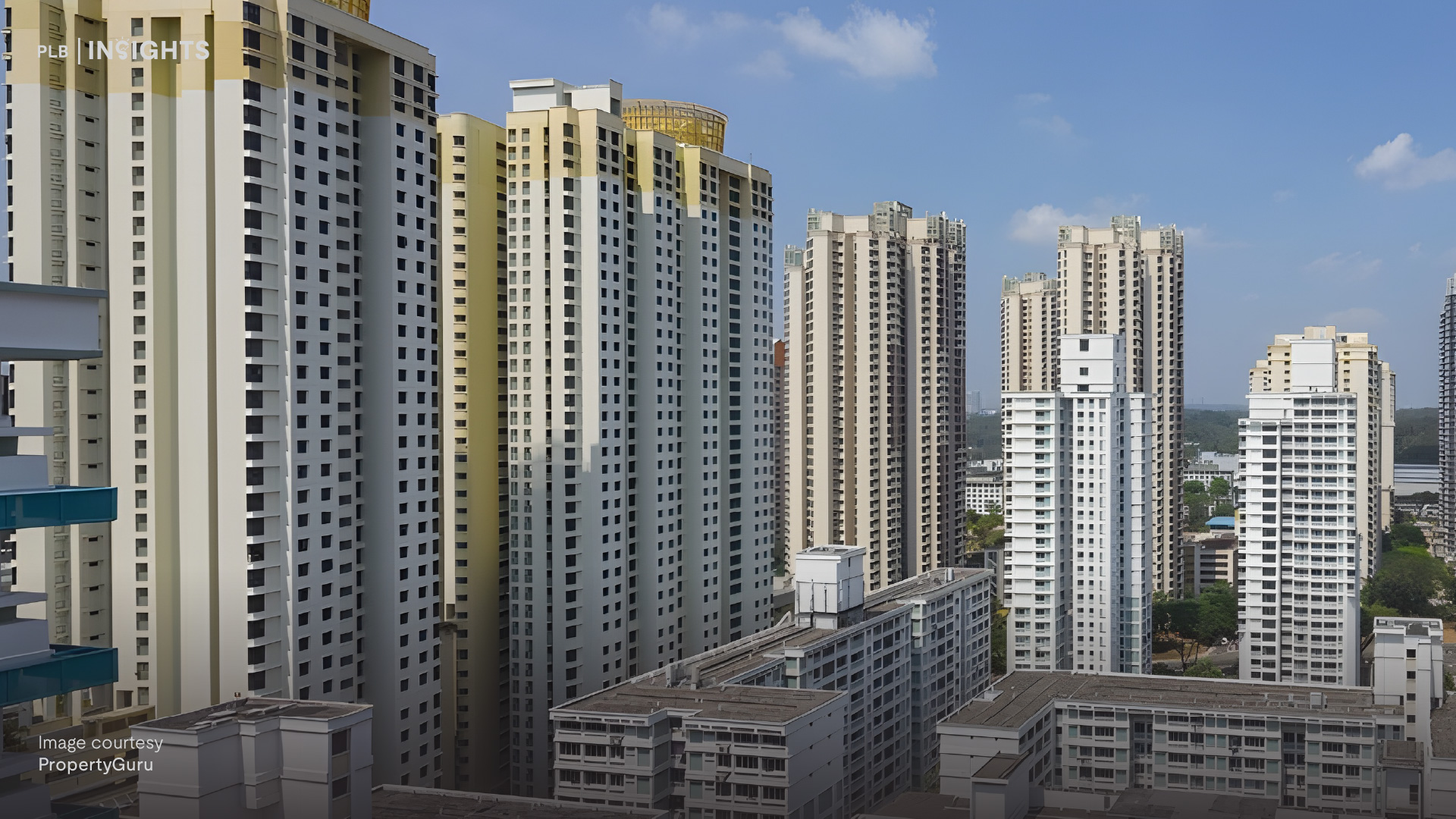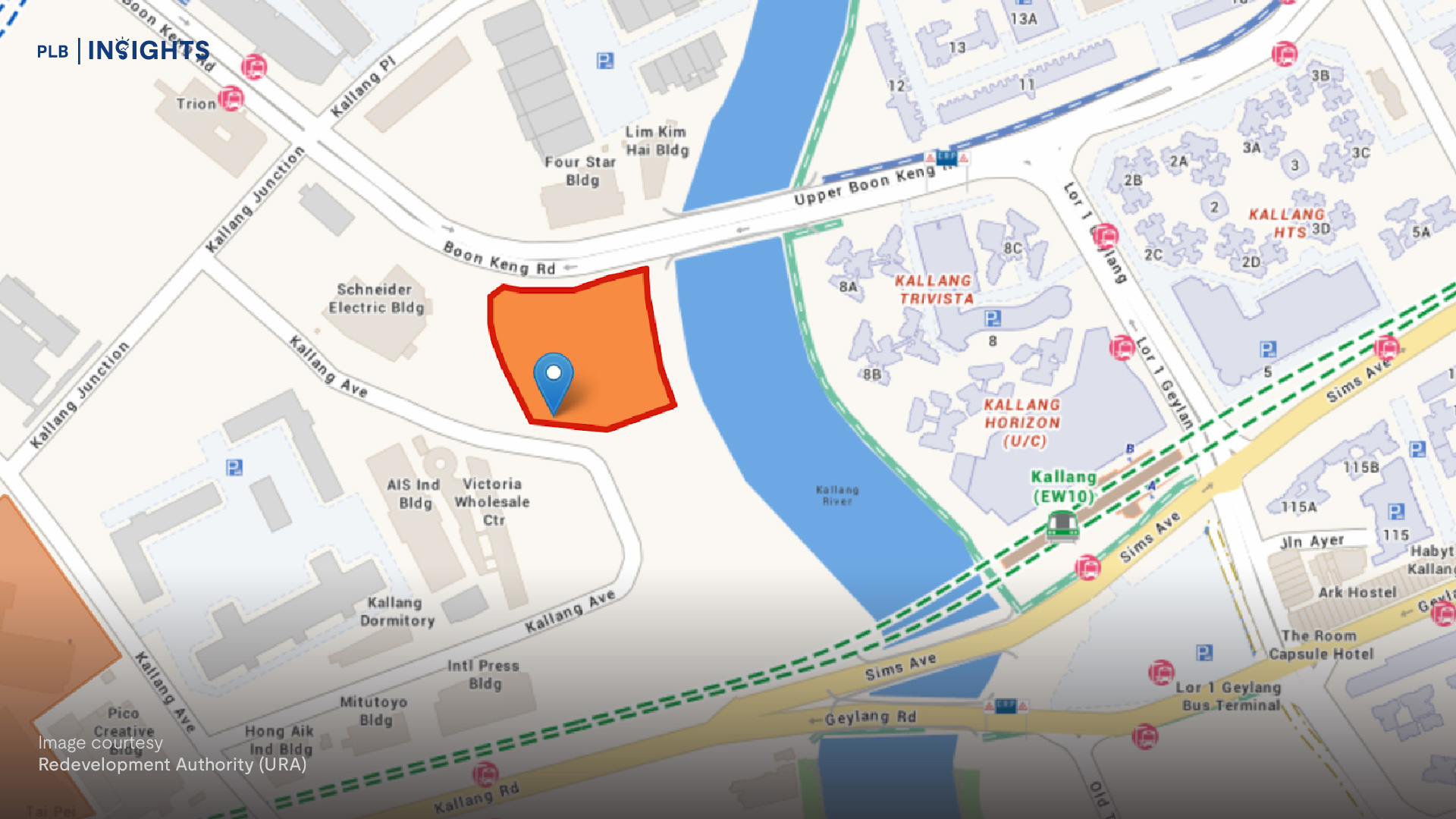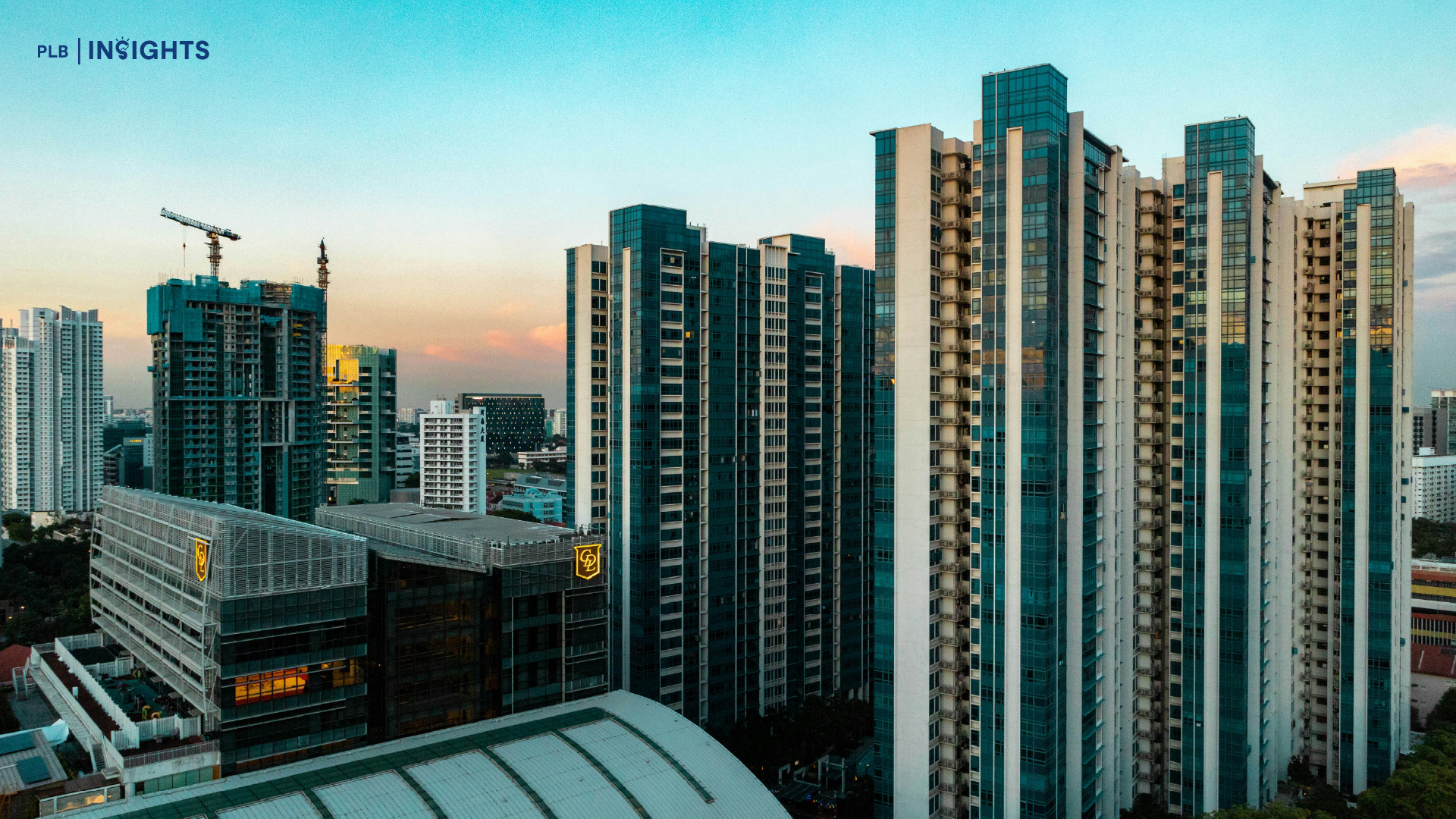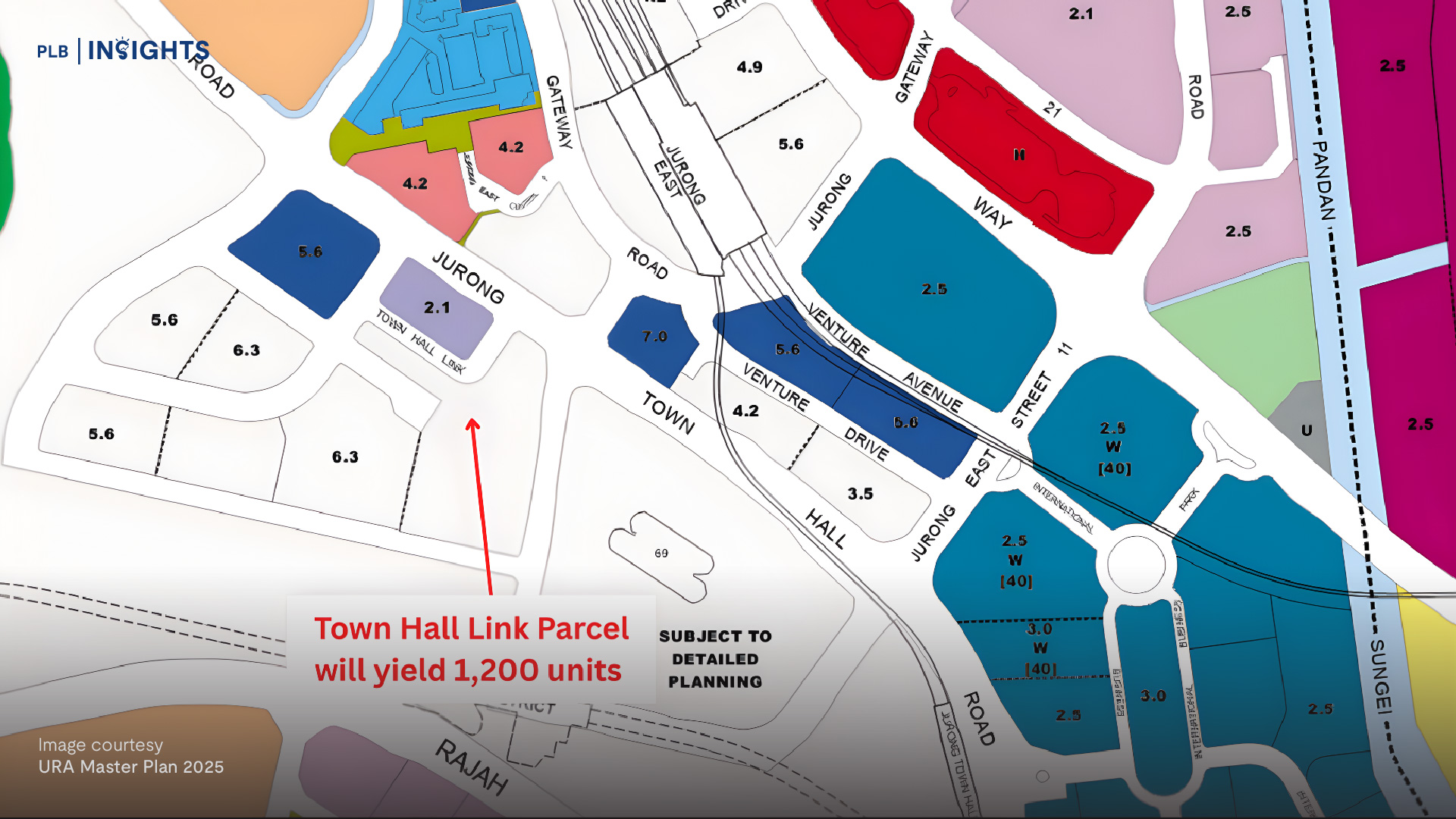
What is ABSD?
Additional Buyers’ Stamp Duty (ABSD) is a tax imposed for property buyers when purchasing their second property or more — the bane of property investors in recent years. Introduced in end-2011, it was to curb the bulk of property investors both locals and foreigners who purchased multiple properties. It is on top of the usual BSD.
Why was ABSD introduced?
A cooling measure to discourage multiple property purchase, it was to manage demand for residential properties. It works in conjunction with prices for the resale market which in turn, affect overall property prices. It also is a way to prevent some property bubbles which may arise if not managed.
Imposing an additional government policy via a percentage to pay for subsequent properties, it was a successful deterrent, and continues to regulate the property market in Singapore.
Here’s the history of ABSD since 2011. It is closely moderated by the Singapore government to match current property market trends.

Exempting Singaporeans who purchase their first property, it ensures affordability for locals who intend to purchase a property for residing in it.
How is ABSD calculated
ABSD is a percentage of market value/ purchase price (whichever higher), payable upon acquisition of the property. If the purchase was made by two or more parties, the rate is based on the profile with the highest ABSD rate.
Take note that this is on top of the Buyer’s Stamp Duty (BSD) that all properties have to pay for.
For more info, you can vet through the IRAS fact sheet PDF here.
Latest news about ABSD

Image courtesy TODAY
Recently in on March 12 2021, four people were charged for backdating their Option to Purchase to avoid a 10% ABSD amounting to $69,000 more in stamp duty, resulting in charges for evading. Read on to be more informed on ABSD, and how to avoid it.
On Feb 19 2020, Deputy Prime Minister Heng Swee Keat told Bloomberg TV in an interview that the Government has no plans to ease property cooling measures, despite the effects of COVID-19.
In fact, we covered more about recent ongoing talk about a potential tweak to cooling measures this year in 2021. For more info on this, do read our featured article here.
Current ABSD ruling for Buyers (effective April 2023)

Singapore Citizens
ABSD of 20% will apply to Singaporeans when purchasing the second, 30% for the third and subsequent residential properties. First property will not incur ABSD.
Singapore Permanent Residents (PRs)
First purchase will be 5%, and the second property will be 30%, while the third and subsequent purchases will have a 35% ABSD on top of the purchase.
Foreigners
A 60% ABSD for any residential property purchase.
Entities (companies or associations)
Each property will have a 65% ABSD.
A couple (both Singaporean) intends to purchase a second property, a condominium for investment. A 2-bedder going at $800,000 (purchase price) will incur a 20% ABSD, resulting in an additional cost of $160,000 from ABSD alone.
ABSD reimbursement
Fortunately, in some cases, you can get a refund for ABSD and BSD. But this will be ported over to CPF, which will then be locked. You have to pay up in cash first though.
Current ABSD for Developers
ABSD affects developers as well. Developers must build and sell all units within a stipulated five years to recover a remittable 35% ABSD, with interest. There is also a non-remittable 5% ABSD for developers.
Currently, there’s temporary COVID-19 reliefs for developers. On 8 Oct 2020, a 6 + 6-month extension was announced to aid commencement and completion timelines, due to worker shortages leading to loss of construction productivity.
5 ways to avoid ABSD
1. Dual-key units
One of the ways will be purchasing a dual-key unit, which is starting to gain traction in Singapore. Residences such as Midtown Bay offer such layouts, though you will have to do the math if it’s profitable in the long run. It’s basically purchasing one unit divided into two sub-types, which have their own privacy. While it can be used for multi-generational families, it’s a great way to get two rental yields.

An example of a dual-key unit at Midtown Bay: 2 Bedroom Duplex B3-DP layout.
Recommendation:
For Singles, couples without children, or with a small family nucleus. Usually dual-key units are set within a studio apartment residence, which is why it might not be feasible for larger families.
2. Refund and sole ownership
ABSD refund
If you’re a married couple who’s looking to upgrade to another property, you can get ABSD refund, but only when these requirements are fulfilled.
– It must be purchased under both names of the couple.
– First residential property is sold within 6 months after date of purchase of second property or issue date of Temporary Occupation Permit (TOP) / Certificate of Statutory Completion (CSC), if property is not completed yet.
Assuming that factors remain unchanged, an application for refund of ABSD can be made within 6 months after sale date of the first property. It’s not easy to sell within that time frame alone, which is why it is recommended to market your property beforehand.
Note: The extension of 6-months for the COVID-19 period was implemented between 1st Feb 2020 and 1st June 2020.
3. Purchasing property as a sole owner
If you are planning your purchase on your first property and reading this article, and have the cashflow for it, ensure that your spouse is not the co-owner. This enables your spouse to purchase a private property as a first-time home buyer, or 5% ABSD if they are PR.
Recommendation:
Working with a 6-month timeline is usually pretty stressful on the owners; sometimes sellers will end up having a larger shortfall from selling their home at a lower price to curtail to that.
For purchasing property as a sole owner, some spouses may feel a little uneasy if unforeseen circumstances were to occur and the owner may find his/herself in a rut. It’s also important to plan your finances conservatively, to anticipate rainy days like how COVID-19 hit us last year.
Alternatively, you could approach PropertyLimBrothers here, where we can help you sell your unit within a short time frame efficiently through our Signature Home Tour videos and reach the right audience via our social media algorithms.
4. The Decoupling trick
(not applicable for HDB, or ECs that have yet to hit the 10-year mark, only applicable for couples with one Singapore citizenship. This also assuming that the couple is below 55 years old.)
It is a method that doesn’t always work, as decoupling does incur its own costs and has to be weighed against the 20% ABSD for the second property/30% ABSD for the third property. Sometimes, it might be wiser to opt for the latter instead.
To put it simply, a married couple will transfer all ownership of the first purchased property to the main owner, and the other spouse will be able to purchase another property, without having to pay ABSD.
Do keep in mind the costs to consider
-
Payable Buyers Stamp Duty (BSD) of the total transferred property.
Do take note that BSD applies to the higher of the property price, meaning that you have to buy at least half of the market value.

BSD charges.
-
Conveyance Fees
– Basically buyer and seller’s lawyers for the transaction. It will roughly cost between $5,500-$6,500.
– Stamp duties -
Not applicable if the house is sold after 3 years.
-
Refund to CPF
– Anytime CPF is used and returned, accrued interest applies to it. A broad stroke will be:
Amount Loaned X 2.5% X Years loaned= CPF accrued interest.
This part is important, as it will mean the cash will be locked into the buyer’s CPF. If you are planning to purchase another property (which is mainly the sole reason for decoupling), only the seller will be able to use his/her CPF for the down payment and subsequent housing instalments. All financing for the next purchase will have to be borne by the seller, so we highly advise to be financially ready for that.
For more info, you can use the CPF interest calculator.
Early loan settlements and other miscellaneous
Besides settling the outstanding loan (which will incur added fees), you will have to find a new loan for the transferred market value.
Recommendation:
A good general advice for decoupling: it works better if the couple fits the following profile
-
Both spouses are Singaporean citizens
-
Intend to do the transfer after 3 years (or 5 years if the early settlement for the loan implies that)
-
Beneficial if the next property purchase is similarly priced to the current property.
-
Couple is below 55 years old.
Buying property under your child
Using your child’s first-time buyer right
You may purchase a property under your child’s name, as long as they are older than 21 years old. Of course, you’ll be forking out the down payment and monthly mortgages.
This is definitely conditional, as your child will forego their right as a first-time buyer. If he/she were to get married and intend to move out into their own place, that place will have ABSD implemented.
Secondly, if you require a mortgage loan, your child will have to be eligible for it (not you), which means having documented income. There are workarounds, though.
Thirdly, buying a BTO/EC will require your child to sell/transfer the property 30 months ahead of the purchase.
Recommendation
Transparency for this method is key, especially since it concerns the plans for your child. A good tip will be to keep aside some ABSD cash in case any of their plans were to change, and a transfer is required.
Purchasing property under trust


Using this method, you can avoid ABSD by buying a property through a trust. However, it’s only applicable if your child is below 21 years old. The property’s ownership is split into legal and beneficial, and if it works in your favour, it might be a smart method to use. However, there are important key things to note:
The legal responsibilities of the trustee (yourself)
-
Ensures payments and overall responsibility of the property
The legal responsibilities of the beneficiary (your child)
-
When he/she reaches 21 years old, the trust ends, and the child is the sole owner of the property, and will take the responsibilities of the trustee.
-
No loans will be granted by banks, as the child lacks legal capacity to do so.
The trustee is not the owner. Just the manager who finances the property.
ABSD will still be applied when your child intends to purchase a second property.
Your child will no longer be able to apply for HDB.
Recommendation:
While is possible for parents to utilise a fully paid property as proof to obtain a loan, it is not always guaranteed. It also important to understand that bringing in a property savvy lawyer is definitely necessary to iron out the details (things like irrevocable trust/ death of trustee, etc).
Using trust should be used for purchasing for your child’s future, and it makes more sense as the property is protected if the trustee goes bankrupt (God forbid).
5. Separately own two houses
The last method is pretty popular for dual-income couples (or families). Have a HDB? Sell it off, use the cash to down pay for two properties. One tagged to you, the other to your spouse. In this way, both properties do not incur ABSD. Sometimes known as “sell one, buy two”, it is a little similar to decoupling, but the process is a little different. These are points you need to consider as well.
Both properties require a minimum down payment of 25%. CPF can be used for 20%, while cash will be required for the other 5%. The sell one, buy two method also helps to prevent a 45% minimum down payment for a second property (since both of you are buying single properties).
The benefit of having two properties are pretty obvious, such as renting out to pay off both the mortgage loan and some side earnings. It also is a vehicle to sell off, should a dire financial situation arise.
-
The proceeds from your HDB might not be enough, and both will need to be eligible for a loan. Bank loans fluctuate, and not everyone has a solid credit score.
-
Having to return the accrued interest to CPF after the HDB sale will affect your financial capacity as well.
Recommendation:
This works well if both husband and wife are earning comfortably or have disposable income to clear at least one of the properties fully (optimistic scenario). It will be wise to consider that the monthly costs and does not exceed 40% of your income.
A general rule of thumb is ensure both incomes are stable, or engage a reliable financial planner for greater clarity.
In summary, these ABSD-avoiding methods merely aid investment strategies, and always benefit users so long as there’s sufficient financial backing and income stability. It not only applies to big-ticket items like property, but a financial advice to heed throughout all income levels.
Have a question? Or perhaps you’d like to learn more about this. Contact PropertyLimBrothers through this link here, to make a wiser and well-informed decision on your future purchases.
Disclaimer: The information provided in this article is accurate as of the date of publication and is based on the rules and regulations concerning stamp duty rates and taxes in effect at the time. While we strive to update our past articles diligently, please be aware that tax laws and regulations can change frequently, and it is essential to verify the most current rules and guidelines from the relevant government authorities or consult with a qualified professional for the latest updates and accurate advice.


